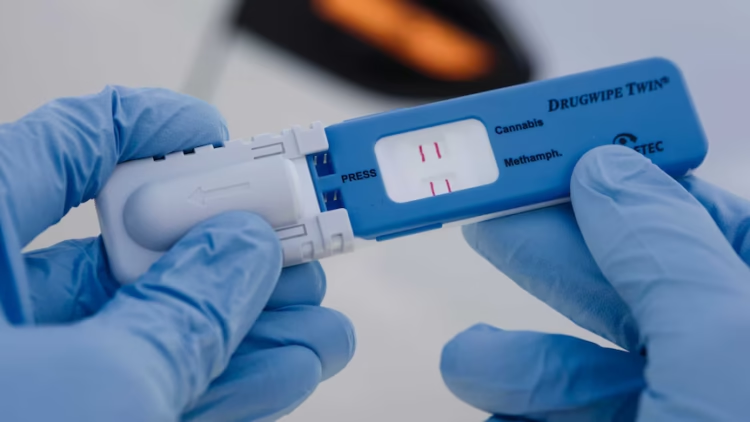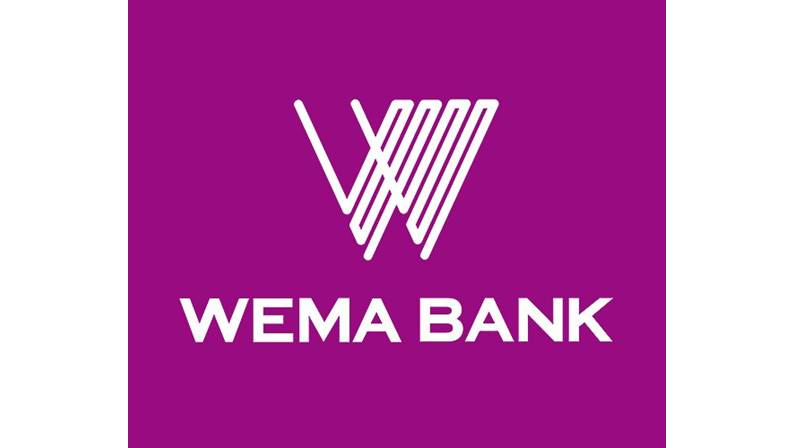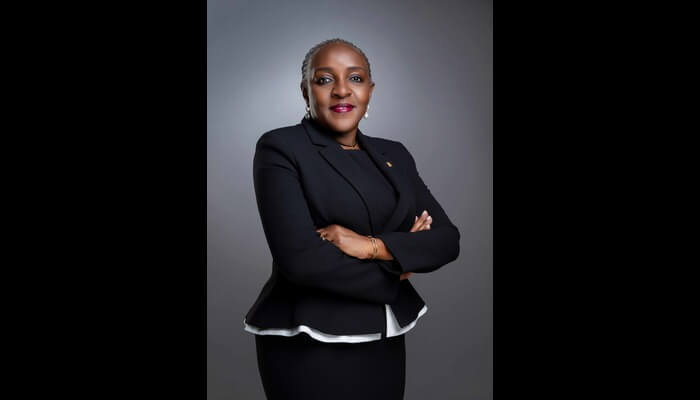Drug Integrity Tests in Tertiary Institutions backed by FG. Education Minister and NDLEA announce national plan to fight student drug abuse and reform curriculum
Drug Integrity Tests in Tertiary Institutions have officially received federal backing as part of a national plan to combat rising substance abuse among Nigerian students.
Also read: NAFDAC warns of counterfeit malaria drug circulating in Nigeria
The Minister of Education, Dr. Tunji Alausa, announced the policy after a meeting in Abuja with NDLEA Chairman, Brig Gen Buba Marwa (retd).
The move is part of a broader strategy to integrate preventive education and enforcement in schools nationwide.
According to NDLEA spokesperson Femi Babafemi, the plan includes mandatory and random drug testing for fresh and returning students in all tertiary institutions.
The initiative is paired with curriculum reforms at the secondary level and the launch of dedicated drug education programmes.
Marwa described substance abuse as a major threat to youth development and national security, revealing that over 40,000 drug-related arrests and 5,500 metric tonnes of seized substances have been recorded in the past two years.
“We are fighting for the souls of our children,” Marwa said. “Without drugs, many criminal activities wouldn’t be possible.”
In full support, Dr. Alausa emphasized the need for urgent intervention. “When the youths get into drugs, they won’t go to school. And when they do, they’re not functional,” he warned.
The minister committed to creating a Substance Use Prevention Unit within the Ministry of Education and forming an inter-ministerial working group with NDLEA.
He also confirmed that revised curricula for secondaryand eventually primary schools would embed drug education.
Furthermore, the ministry plans to work closely with UBEC and TETFUND to strengthen infrastructure and training through the NDLEA Academy in Jos, Plateau State.
Also read: World Pharmacists’ Day: PSN launches drug information centre in Abuja
This proactive approach to Drug Integrity Tests in Tertiary Institutions marks a pivotal shift in Nigeria’s education and public health policyaimed at safeguarding students and ensuring they receive a functional, addiction-free education.





























